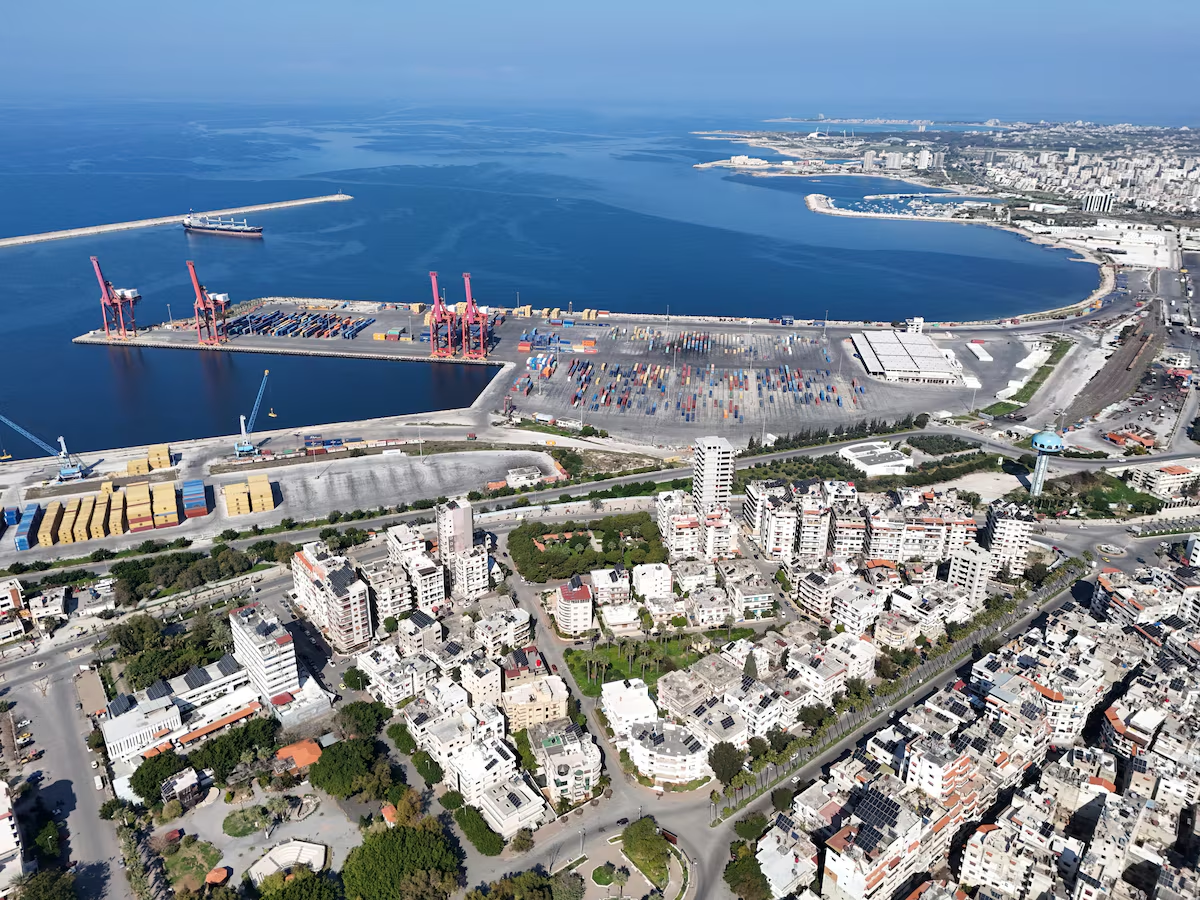The shipment was loaded onto the M/V UBC BREMEN. File photo.
By Jonathan Saul
LONDON, Mar 1 (Reuters) – Cargill made its first grain shipment using an electronic freight document this week as the U.S. agribusiness group seeks to cut paper documentation and speed up the processing of deals, the officials involved said.
Goods that are shipped by sea require a bill of lading document, which lays out the terms of a contract between a shipper and a transportation company.
Earlier this week, Cargill completed its first trade using an electronic bill of lading called CargoDocs, which was developed by Malta-headquartered company Electronic Shipping Solutions (ESS), officials said.
“After nearly 150 years of paper bills of lading, this first electronic BL represents a historical milestone for us,” said Ernst Herger with Cargill in a statement.
Analysts have estimated that the importation of a single cargo by sea requires an average of 36 original paper documents and 240 copies from 27 separate parties.
Amendments to bills of lading at ports and customs locations, which are common, make the process even more cumbersome.
The transfer of bills of lading took 19 minutes for Cargill’s grain shipment from the U.S. Port of Houston to Veracruz, Mexico on the dry bulk vessel UBC Bremen, the company said.
“This shipment commences a wider rollout into various agricultural trades, initially around the Atlantic Basin, with exports from North and South America to the Caribs and Europe,” Cargill said.
ESS Chief Executive Alexander Goulandris said his company was in talks with other trade houses and companies in the dry bulk sector over the use of CargoDocs.
“We are seeing specific interest across dry bulk, and we have been approached on a number of other commodities outside of agri,” he told Reuters.
“In today’s world, everything moves faster, and the fact that paper does not keep up is creating a bigger and bigger problem. It becomes more apparent in a younger generation brought up on iPads and Blackberrys.”
A bill of lading specifies the name of the captain of the ship, the port and destination of the ship, the goods, the consignee and freight rate.
CargoDocs was first offered in 2010 to the oil tanker market and is already used by majors including BP, Royal Dutch Shell and ConocoPhillips, Goulandris said, adding that it was based on a secure Internet-based system.
“You will see it expand into dry bulk this year,” he added..
Cargill said it had also started to work on rolling out the use of CargoDocs across various tanker routes and petroleum barge trades in Europe.
(c) 2013 Thomson Reuters, Click For Restrictions

 Join The Club
Join The Club











